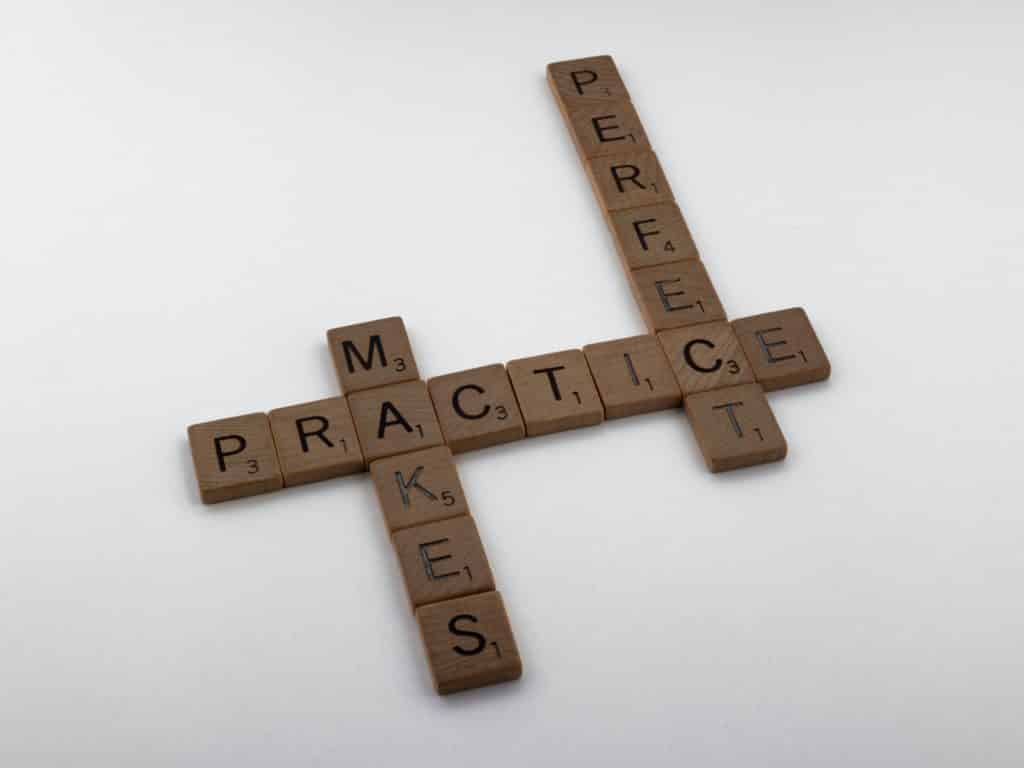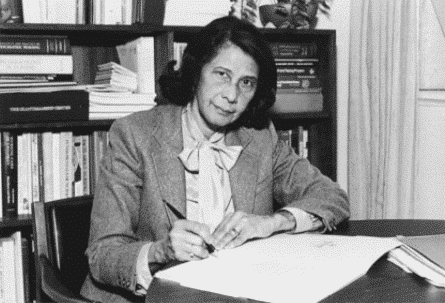
Photo by Brett Jordan from Pexels
Paul Washburn was a new Assistant Professor in Political Science. He had left the legal profession when his wife passed away and he became a single father with two teenage children. He inherited a syllabus for a Foundations of the Justice System course, which had an extensive discussion component. Teaching was new to him, but he had some familiarity with discussions, based on his experiences with as a legal mediator.
Washburn decided to have his students do their own discussions so be decided to teach them some discussion facilitation skills. When the discussions started, he was dismayed that the students simply did not know how to participate in a collaborative discussion.
What he decided to do was something that worked well for him in his legal practice. After each class, he wrote his thoughts on the class in a journal. His emphasis was on what worked and what didn’t work. The journal resembled the memos for the record he prepared after each mediation session. Then he prepared a summary of discussion suggestions for his class which he emailed to students.
Over time, the class discussions improved but Washburn had the nagging feeling that he had failed his students by not doing enough to teach them collaborative discussion skills.
Once the semester was over, Washburn revisited his journal entries. What he found was that there were several themes for improvements he wanted to make. Some of those were related to the syllabus while others were related to the discussion topics. He could see areas where he needed to better prepare students for their discussions. For each of the theme areas, Washburn developed new approaches for demonstrating these skills and guiding students in their practice.
Each semester Washburn’s students got better at their discussion skills. In fact, several law school contacts of his reached out about sharing his approach to teaching discussion skills after they observed how well prepared his students were.
To be done well, collaborative discussions are not a casual undertaking. The reality is that many instructors were never taught to be effective discussion participants. Collaborative discussion skills need to be refined through extensive practice and reflection. What Washburn had done was to transform collaborative discussions from a haphazard event into an art form.
* * *
“We are what we repeatedly do. Excellence, therefore, is not an act, but a habit.” – Aristotle
This post is part of our “Think About” education series. These posts are based on composites of real-world experiences, with some details changed for the sake of anonymity. New posts appear on Wednesdays.



